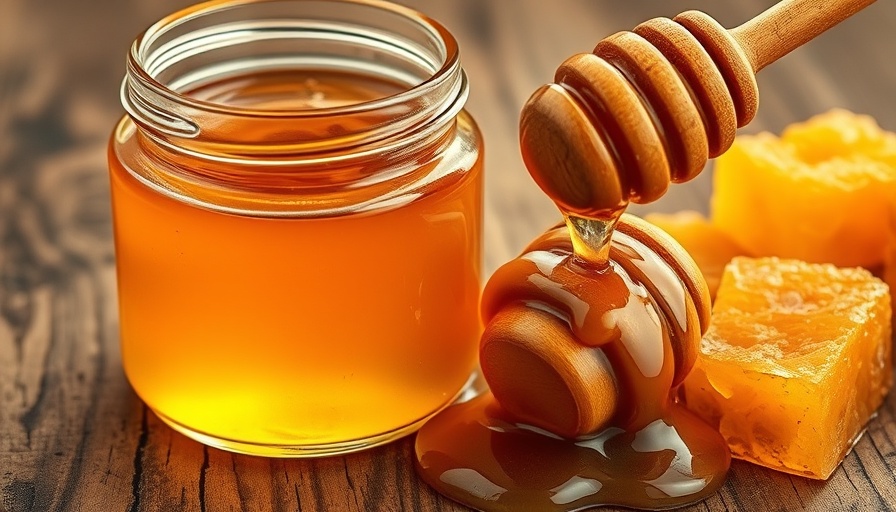
Understanding the Quest for Sustainable Sweeteners
As the conversation around sugar consumption continues to evolve, more and more people are exploring natural sweetener options to satisfy their sweet tooth without the health and environmental costs associated with refined sugar. But with an array of options available, how does one know which natural sweetener is actually the most sustainable?
Spotlight on Stevia: The Sweet Green Powerhouse
Stevia, derived from the leaves of the Stevia rebaudiana plant, has gained popularity not only for its sweetness—up to 300 times sweeter than sugar—but also for its low environmental impact. A recent study from the University of Surrey demonstrated that stevia production emits only 10% of the greenhouse gases associated with sugar production. This makes it one of the greener alternatives available on the market.
However, not all stevia products are created equal. Many refined stevia brands on the shelf may not reflect the sustainable practices ideally associated with stevia production. Consumers need to be cautious and choose products certified as organic and sourced from responsible producers. For example, Sweden’s Real Stevia Company works with smallholder farmers in Paraguay, emphasizing fair trade practices.
The Buzz on Honey: A Natural Choice With a Caveat
Honey is another widely regarded natural sweetener that has the potential for low environmental impact, especially when produced locally. Not only does home beekeeping enhance personal sustainability through pollination services, but it also minimizes transportation emissions. However, commercial honey production often involves transporting hives, contributing significantly to carbon emissions, as relocating colonies can be harmful to both bees and the environment.
Consumers can make their honey choice more sustainable by opting for local, raw honey which typically undergoes minimal processing, ensuring that the bees are kept in their natural habitats and that the honey produced supports local ecosystems.
Maple Syrup: Taste that Preserves Forests
In the world of natural sweeteners, maple syrup has also carved out a niche as a sustainable choice, particularly thanks to its link to forest conservation. Collecting sap for syrup production can offer financial incentives for maintaining maple forests, which play an important role in carbon sequestration. Research reveals that the sustainable production of maple syrup requires energy-intensive boiling processes, but innovations such as reverse osmosis can greatly reduce energy consumption and carbon emissions.
Efforts are being made to modernize this ancient practice with improved technologies that aim to preserve both taste and sustainability. As demand for maple syrup grows, so does the incentive to protect the forests that produce it.
Agave: Sweet, Sustainable, but With a Cost?
Agave syrup, often marketed as a healthier alternative due to its low glycemic index, has sparked debates about sustainability. While agave plants are drought-tolerant and require less water than traditional sugarcane, large-scale monoculture farming practices can diminish local biodiversity. Supporting organic and fair trade agave products can mitigate negative impacts, but consumers need to be vigilant about sourcing to ensure they are not contributing to harmful farming practices.
Choosing Wisely for a Sweeter Future
In light of these insights, how can boutique hospitality professionals use their procurement choices to promote sustainability within their establishments? It's essential to prioritize natural sweeteners that carry certifications for sustainability and organic practices. Whether it’s sourcing local honey, using responsibly produced stevia, or selecting maple syrup from environmentally conscious suppliers, these choices not only enhance menu offerings but also align with eco-conscious values that resonate with today’s conscious consumers.
As potential entrepreneurs in the hospitality sector, an emphasis on practical sustainability will not only attract guests but also foster community support for local producers. By weaving these sustainable sweetener choices into your branding, you'll create a compelling narrative that appeals to the environmentally-minded traveler and enriches the dining experience.
 Add Row
Add Row  Add
Add 




Write A Comment